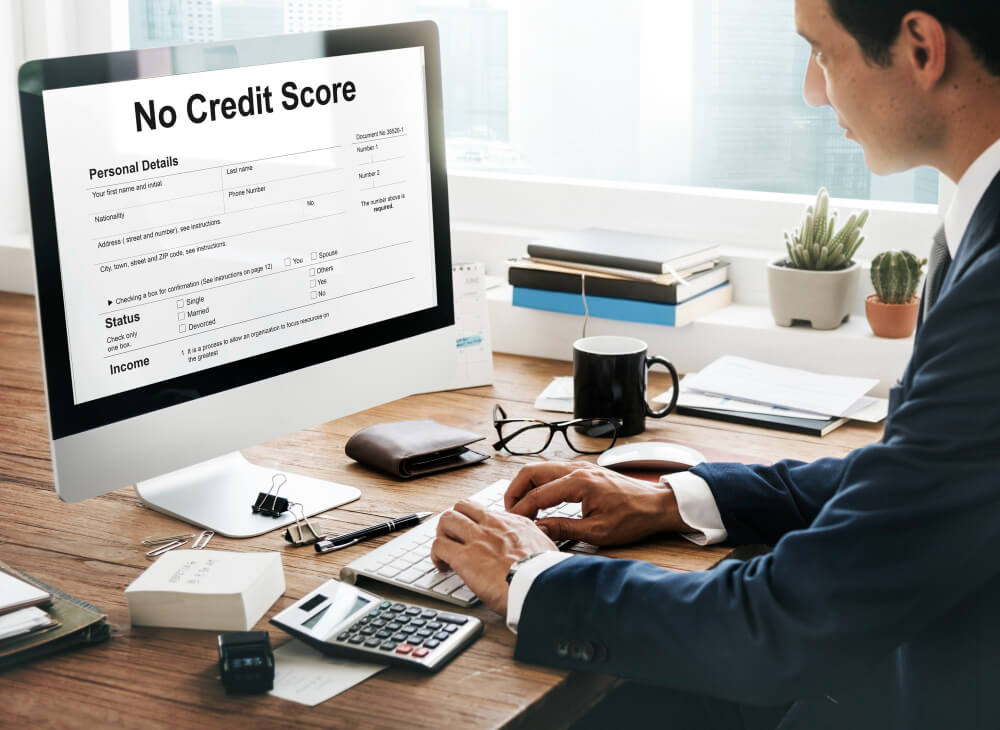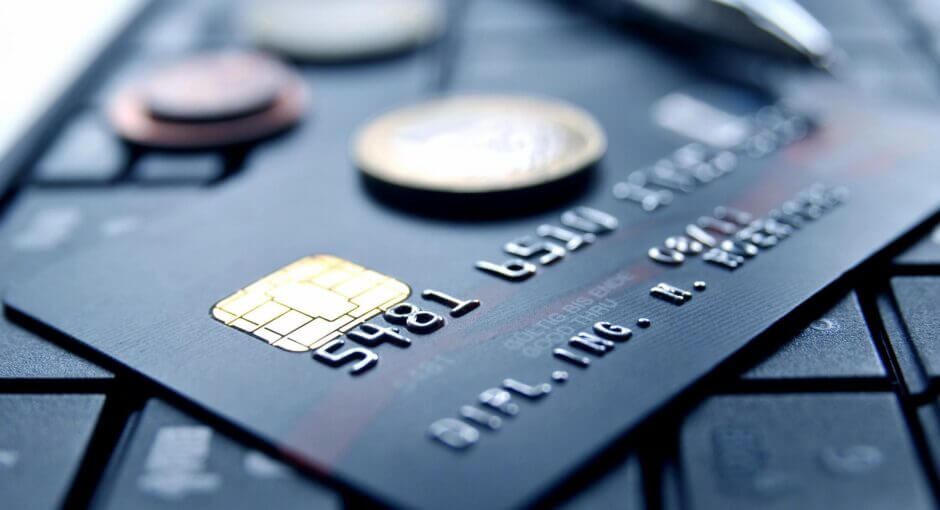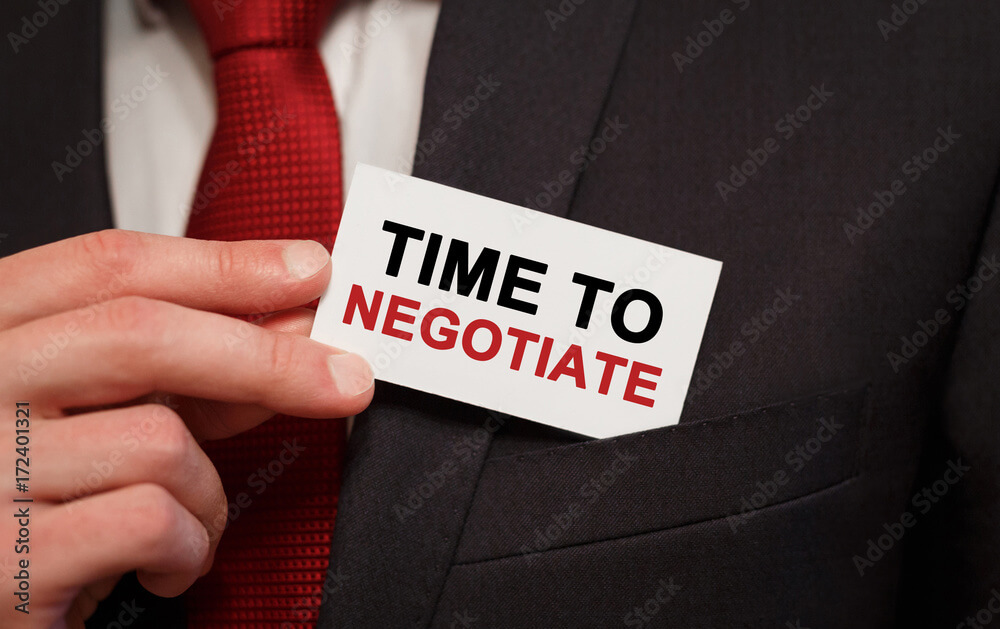Credit is a part of most people’s lives. We use credit cards in our everyday lives, and sometimes we need to get a loan to buy something big, like a car or a house. But if you don’t understand how credit works, it can be confusing and even scary.
Don’t worry! In this article, we’ll teach you everything you need to know about how credit works so that you can make smart financial decisions for yourself and your family throughout your life.
What is credit?
A credit card is a way to make purchases without cash. It’s like a loan that you pay back over time, with interest.
Credit is the ability to borrow money, and it can be a good thing or it can be bad depending on how you use it. If you use credit wisely and pay off your bills in full each month, then having good credit will help your life immensely by allowing access to financial products such as loans at lower interest rates or better terms than if they were available without having established good credit scores (more on this later).
But if used poorly like making purchases with no intention of paying them back—then having poor or bad credit could lead to some serious consequences: high fees and interest rates; damaged relationships with lenders; even jail time!
How do I get a credit card?
You’ve probably heard that credit cards are easy to get and free. They’re not. Credit cards are also not just for adults, emergencies, or shopping.
Be 18 years old and have a job in order to get your own credit card (except those rare people who already have one before they turn 18). You can’t just go out and apply for one on your own; you need someone over 21 who has excellent credit history themselves to co-sign with you if you want them in charge of paying off any debts that come up while using the card in case something goes wrong with it later down the line.
Getting approved for a credit card

You’ve probably heard that getting approved for a credit card is like applying for a job. It’s not as simple as that, but there are some similarities. Credit card companies want to make sure you can pay your bills and don’t have too much debt (which might lead to bankruptcy). They also want to make sure you aren’t a fraud risk (because if someone steals your identity, it hurts everyone).
When applying for any type of loan or credit line—whether it’s from a bank or an online lender—the lender will look at several factors when deciding whether they should give you money.
What should I look for in a credit card?
When you’re looking for a credit card, there are a few things to keep in mind. Foremost, what type of card do you want? Are you looking for something with rewards? Or maybe one with no annual fee?
If the latter is true, then we have good news: it’s possible to find both types of cards that don’t charge an annual fee! If rewards are important to your purchasing habits and spending patterns (and they should be), then it might make sense for you to get two or three different cards so that each one fulfills its own purpose.
Why do most people need a credit card?
Credit cards are a convenient way to pay for things, whether you’re buying an item online or in-store. They can also build up your credit history, which can be helpful if you want to borrow money in the future (like for a mortgage).
Credit scores are based on three factors: 1) payment history; 2) amounts owed; 3) length of time with accounts open. The longer you’ve had an account open without missing payments or maxing out the limit on it, the better your score will look. A high score means lower interest rates when it comes time for loans or mortgages—which is why some banks offer rewards programs that encourage customers like yourself to use their cards!
As long as you use them responsibly and make sure not to go over their limits by paying down balances each month before they become due again (or at least before they incur interest), then I think there’s nothing wrong with having both types of accounts available simultaneously in case one type isn’t accepted somewhere else where we need more flexibility than just cash would provide us with.
The best way to build up your credit history

If you’re looking for the best way to build up your credit history, the answer is simple: get a credit card. That’s right! It’s not as scary as it sounds, and there are a few ways that you can use them responsibly without getting into trouble or going broke.
First things first: don’t rush into anything. Before signing up for any type of loan or line of credit (including store-branded cards), make sure that you understand all the terms involved in taking out that loan or line of credit—and make sure those terms make sense for your budget! Once you’ve done this research and determined which option makes sense for your needs, applying should be pretty straightforward.
How does your credit score work?
Your credit score is a number between 300 and 850. It’s calculated based on the information in your credit report, which is basically a record of all of your past borrowing and repayment history.
The higher your score, the better it is for lenders to lend money to you because they’ll assume that you’re less likely to default on payments (i.e., not pay back what you borrow). They’ll also assume that they can charge higher interest rates on loans given out with high-scoring borrowers than low-scoring ones—a win-win situation!
Credit reports and scores, what’s the difference?
Credit reports and scores are not the same thing, but they’re related. A credit report is a record of your financial history that’s kept by one of three major credit bureaus: Experian, TransUnion, or Equifax. Each bureau has its own database with information about you and your borrowing habits; this database is referred to as your “consumer file.”
Credit scores are numerical representations of how risky it would be for lenders to lend money to someone based on their history with debt repayment (or lack thereof). They’re calculated using information in your consumer files at each bureau—and sometimes other sources too—and then assigned a number between 300-850 based on how risky they think you might be.
All three bureaus offer free access to one copy of your report once every 12 months through AnnualCreditReport.com; however there are also paid options available if you want more frequent updates or access beyond what’s available through this site.
Where can I find my credit score?

Your credit score is a number between 300 and 850 that represents your overall financial health. It’s calculated by looking at how you’ve managed your money in the past, including whether you make payments on time and how much debt you have.
Credit reports have three major components: identifying information like your name and address; public records such as court judgments or liens against real estate; and financial records such as bank accounts opened in the last year (and whether those accounts were paid off).
The most important part of a report for lenders is what we call “credit activity,” which includes everything else about how well (or poorly) someone has managed their finances. This includes things like late payments or defaults on loans or credit cards – but also positive actions like paying off debts early or managing multiple lines of credit responsibly.
Knowing how to manage your money, especially when it comes to credit cards, is an important skill.
As you can see, credit cards are a useful way to build your credit history. If you don’t have one, or if your history is sparse, then getting one will be good for you.
But it’s also important to know how to use them wisely. Credit cards can be dangerous if used irresponsibly; they can lead people into debt and make them poor financial health in the long run. But when used properly -and as part of an overall strategy for managing money—they can help you build a solid financial future.
After all, you want to break the paycheck-to-paycheck cycle.
Final Words
With all this information in mind, you should have a better understanding of what credit is and how it works. Whether you’re looking to improve your credit score or get approved for a credit card, there are many ways to do so. You just need to know where and how much information about yourself will be shared with lenders who can help make those decisions.



